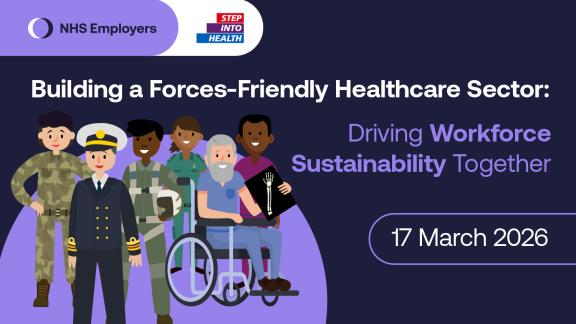Medical doctor degree apprenticeships

The Medical Doctor Degree Apprenticeship (MDDA) was developed by NHS England with key partners to explore new pathways into medicine which also addressed local workforce challenges.
In July 2022, the Institute for Apprenticeships and Technical Education and the Department for Education signed off the medical doctor degree apprenticeship standard.
Funding was secured for two pilot cohort of apprentices in 2024 and 2025. NHS England has announced that it will not be funding anymore cohorts.
Government review and programme conclusion
NHS England remains committed to supporting the two MDDA pilot partners and the DHSC, to ensure the pilot continues to run smoothly until the individuals complete the programme. Information is being gathered to understand the impact of the programme and the significant investment made.
This decision to not fund this further aligns with a decision of the review of the Level 7 apprenticeship levy by Skills England, commissioned by the government, which explores how vocational funding is allocated in the future.
What the medical apprenticeship involves
Apprentices will complete the apprenticeship with a medical degree, and will have taken the Medical Licensing Assessment to meet the requirements set out by the General Medical Council (GMC).
Apprentices will study the same academic components as students who are doing a traditional medical degree, but apprentices will be employed and paid, for the duration of their course in a healthcare setting. On completion of their studies, apprentices will join the workforce as a doctor in postgraduate medical training.
The apprenticeship will support the creation of a more representative workforce for local communities.
Mini case study with East Suffolk and North Essex NHS Foundation Trust (ESNEFT).
FAQs
Read our FAQs that will be updated frequently.
Further resources
For further details and updates on the medical apprenticeships the following links may be useful.
NHS England’s Workforce Training and Education (WTE) team provides an overview of the apprenticeship along with frequently asked questions.
NHS England WTE has also produced a blog detailing the background and intention for the programme.
The apprenticeship standard is able to viewed in full on the IFATE website.
GOV.UK has created a blog with information that employers may wish to know.
If you would like to know more about apprenticeships in general then visit our value of apprenticeships in the NHS page.



